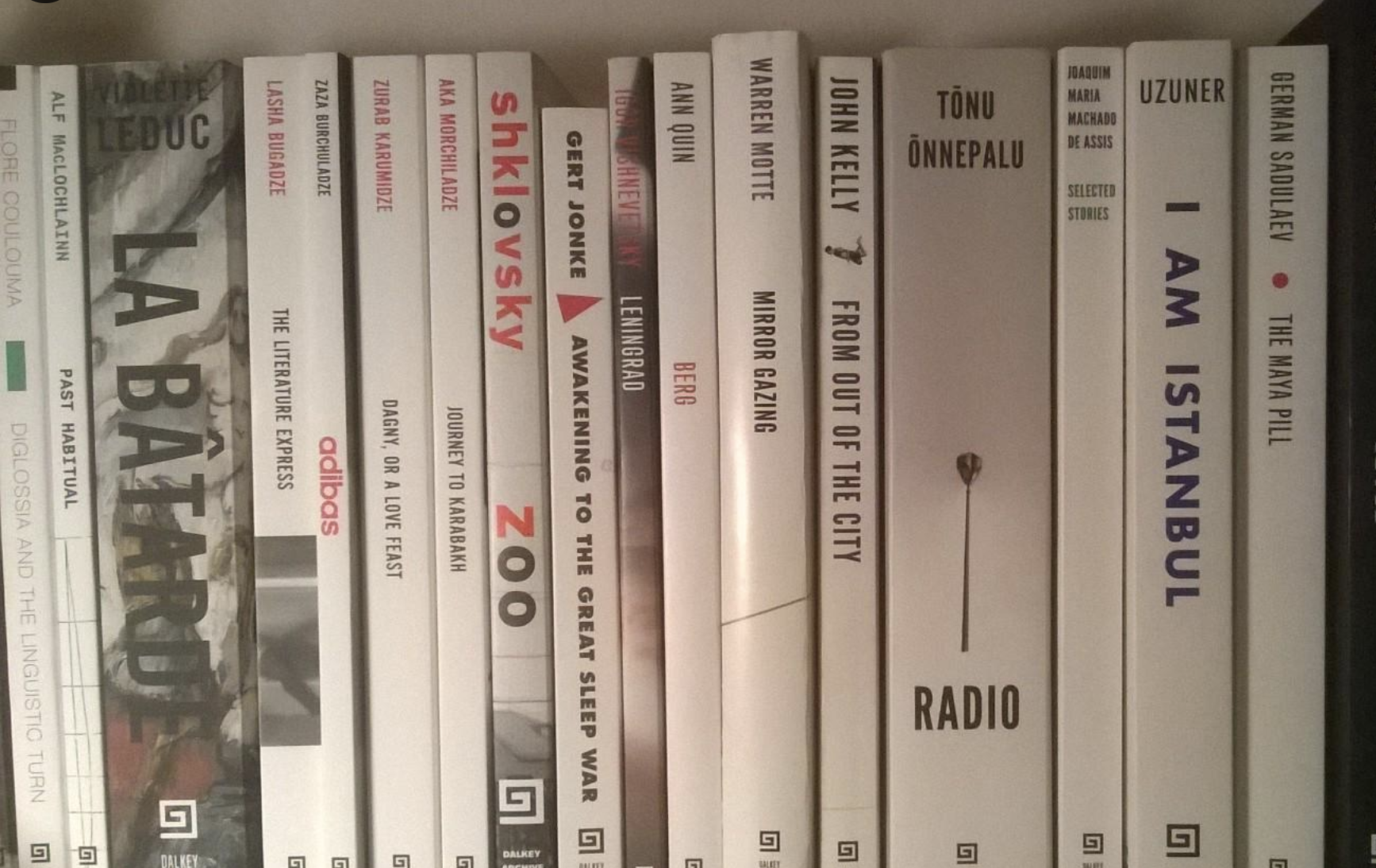A feature by Taylor Davis-Van Atta
My view is that literature is an international art form and that any serious reader needs to read a novel, for instance, in light of all other novels if one is to gain the full benefit of what a particular writer or work is up to. I like fiction that is doing something different from what I have seen before, this is the kind of fiction that delights me, even though it may also elude me in many ways. It’s not just that great literature can come from almost anywhere, but to appreciate and enjoy a particular work means, I think, that you are reading it against the background of so many other works. But this is true of the other arts as well. The more you have listened to music and the more that you know about it, the greater is the pleasure. And of course with music of painting, one doesn’t say, “Oh, Bach is German, how can I possibly listen to him since I’m an American?”
A feature by Taylor Davis-Van Atta
In the late 1990s, Ukrainian Victoria Polevá abandoned her own successful career as an avant-garde composer of polyphonic music in pursuit of the “absoluteness of renunciation, the pureness of an experiment.” Interweaving sacred and secular texts and musical traditions from a wide variety of eras, Polevá has since defined herself as one of Eastern Europe’s most original composers whose works are routinely performed by leading ensembles and soloists around the globe. In 2005, the world-famous violinist Gidon Kremer included Polevá’s “Warm Wind” in his concert cycle Sempre Primavera. Speaking here “completely unarmed, impoverished, down to zero” from amid the burning tumult of Kiev, Victoria Polevá addresses her daring evolution as a composer, the origins of her passion, the nature of collaborating with Kremer, and sorrow as a creative act. Music & Literature is honored to present the first English-language interview with Ukrainian composer Victoria Polevá . . .



